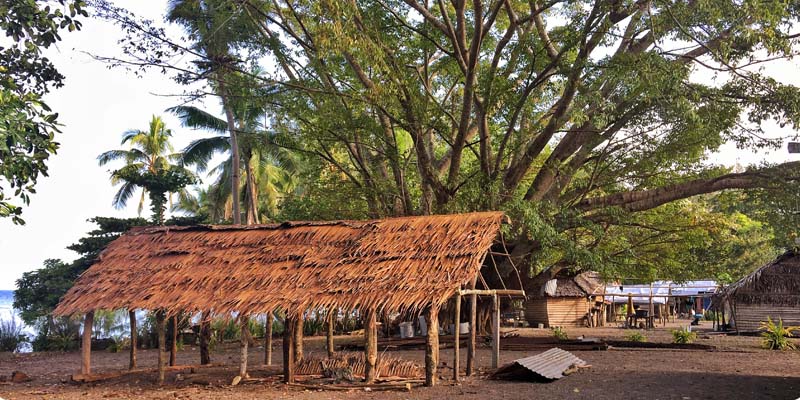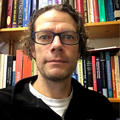Sensors for clean water: Working with communities to develop water monitoring technology
-
Case study
- Health and Wellbeing
- Technologies for the Future
- Environmental Sustainability and Resilience
Researchers are working with residents on the remote South Pacific islands of Vanuatu to co-develop technology which will warn them when water supplies are unsafe to drink.

Having the community involved at every stage of the development process is critical to the success of this project.
The issue
Diarrhoeal diseases result in approximately 1.8 million deaths worldwide every year. In many cases this is due to a lack of access to clean water. The problem is particularly acute in Vanuatu where much of the population is isolated from established infrastructure and too under-resourced to support water treatment facilities.
Sensor technology that enables communities to better assess, preserve and manage their water supply is an attractive solution to this problem. But how do we build a technology that is accurate, sensitive and specific enough to detect water contamination? And how do we ensure that it is also engineered to meet a community's needs, skills and environment?
The research
This project, supported by the Engineering and Physical Sciences Research Council (EPSRC), will embed communities in the technology innovation process to design appropriate technologies for testing water quality. To achieve this goal we have established a close partnership between communities in Vanuatu and a multidisciplinary team of York academics, led by Dr Steven Johnson from our School of Physics, Engineering and Technology.
In addition to developing an appropriate technology for ensuring water safety, we will also deliver a generic process for participatory technology development that will ensure science and engineering works effectively for the poor and marginalised.
The outcome
We ran a series of workshops with four communities across Vanuatu led by colleagues in the Stockholm Environment Institute at York and Oxfam. They aimed to embed community members in the process of technology innovation. Critically, the workshops provided an opportunity for community members to use their local expertise and knowledge to co-design a water monitoring technology that is sustainable and meets the needs and skills of the community.
We have now constructed a prototype water sensor that is designed according to the communities' specifications, which is currently undergoing testing in our laboratories at York.
We will return to Vanuatu early in 2020, when we will deliver the technology for extended testing within the four communities.

Steven Johnson
Dr Johnson's research lies at the interface between electronic engineering and biology. He is particularly interested in creating new technologies which integrate biological molecules with electronic devices.
